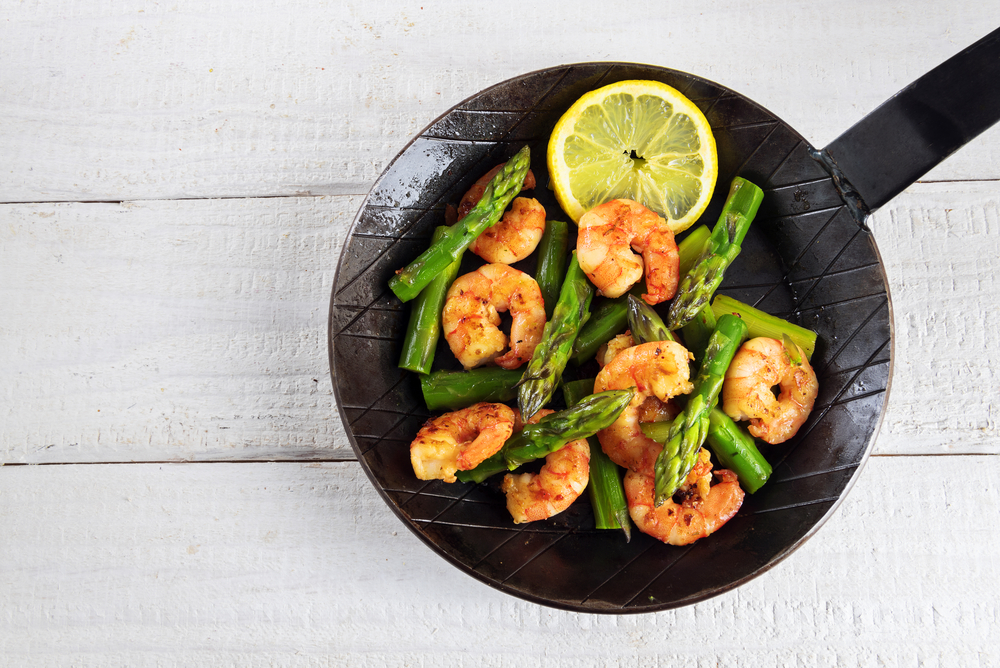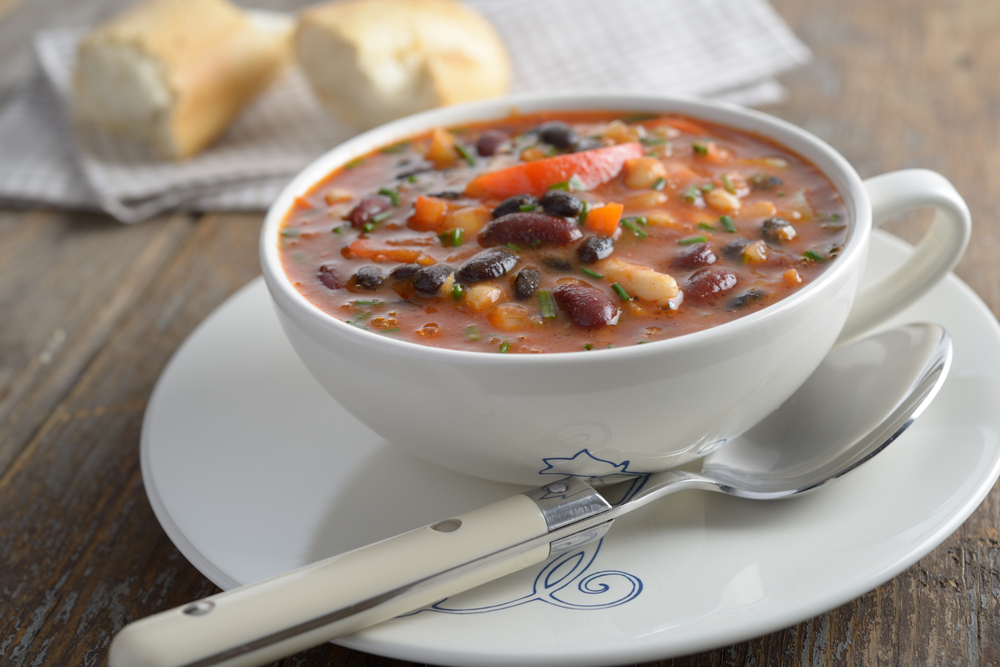Contents:
- Medical Video: How often should my baby be pooping?
- Causes of constipation in infants and toddlers
- 1. Eat solid food
- 2. Formula milk
- 3. Less fluid
- 4. Lack of fiber intake
- 5. Diseases or medical conditions
- 6. Other causes
- How to prevent and treat constipation in children?
Medical Video: How often should my baby be pooping?
Frequently, constipation in infants or children is caused by babies or children not getting enough fluids and fiber. However, several other causes can also cause baby and child to experience constipation.
Causes of constipation in infants and toddlers
1. Eat solid food
Babies usually experience constipation if they eat more solid food, especially in infants who are first eating solid food. Usually the baby's first meal is less fiber, such as cereal porridge, so constipation may occur. Constipation can also occur when your baby is weaned from breast milk because it sometimes causes dehydration.
2. Formula milk
Breastfed babies are less likely to experience constipation because breast milk contains a balanced composition of fat and protein, resulting in always soft stools, even if your baby doesn't defecate for one or two days.
However, if your baby consumes formula, babies are more likely to experience constipation. Different protein compositions in the formula can cause constipation in infants. Babies with high formula milk consumption and constipation usually have pale and hard stools. If your baby continues to experience constipation due to formula milk, you might be able to switch to another formula that is better for the baby. You can ask this to your doctor.
3. Less fluid
If your baby has a lack of fluids or even dehydration, the baby's body will absorb fluids from anywhere, from the food or drink they consume, and also from the water content in the stool. So that the texture of the baby's stool is harder and harder to remove.
Therefore, give the child plenty to drink every day. Children usually forget to drink, remind children always to drink water whenever it is. This is in addition to preventing constipation, also to prevent dehydration.
4. Lack of fiber intake
This is the most common cause of constipation in children. Children usually consume less vegetables and fruits that contain lots of fiber. Thus, children have hard and difficult stools to remove. Fiber from food helps absorb water by feces and gives volume to the stool, so that stool is softer and easier to remove. Therefore, make it a habit for children to eat foods with balanced nutrition, especially eating fruits and vegetables every day.
5. Diseases or medical conditions
Constipation can be caused by a medical condition, such as:
- Hyperthyroidism, which can cause a decrease in intestinal muscle activity along with other symptoms.
- Hirschsprung's disease, where the segment of the large intestine experiences a lack of ganglion cells (the type of nerve cells). This causes the large intestine cannot receive instructions from the brain to function properly. Babies who have this disease usually have less or less weight at their age, they can also experience vomiting and have a smaller size of stool.
- Diabetes, this is a common problem that can also cause constipation.
- Gnervous system nodding, such as cerebral palsy, mental delay, or problems with the spine. This disorder causes children to spend longer periods in one position, have abnormal bowel movements, or lack coordination in their bowel movements.
- Botulism, this disease caused by Clostridium botulinum spores has early symptoms of constipation.
6. Other causes
Other causes of constipation in children are because they lack movement. Lack of motion can make bowel movements also slow, so it can cause constipation. Constipation can also occur if children often delay bowel movements. This can happen because when he defecates he feels pain or requires great strength to remove his feces, or it can also be because the child is afraid of the toilet itself for various reasons. Stool that is too long in the large intestine will be more difficult to remove because the large intestine will absorb water from the stool.
How to prevent and treat constipation in children?
If the baby or child gets the right food, he will be less frequent or avoid constipation. To prevent and treat constipation, you can give your child:
- Drink a lot. Sufficient body fluids will help the child's stool move more easily in the intestine.
- Give children fibrous food. Foods high in fiber, such as fruit and vegetables can help children avoid constipation. Fiber cannot be digested by the intestine, so fiber passes through the intestine and can bind water which makes it easy to get out.
- Make sure the child does a lot of activities. Many activities can also help with bowel movements, so that stool is easier to remove.
- Get used to eating children regularly. Getting children to eat on time can also help develop regular bowel habits.
READ ALSO
- Foods to Avoid When Children Are Constipated
- 5 Things Parents Need to Know About Stomach Pain In Children
- Are Probiotic Drinks Safe for Small Children?












